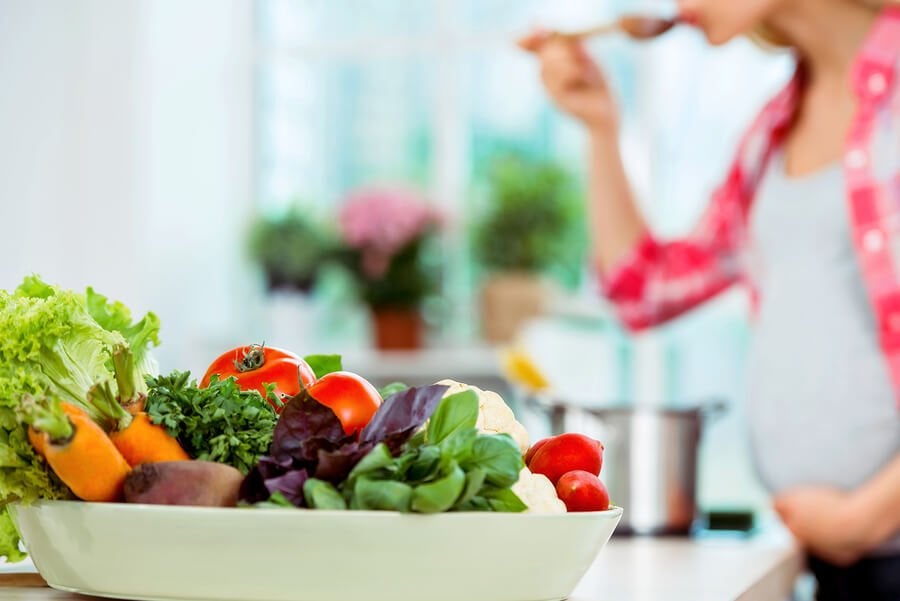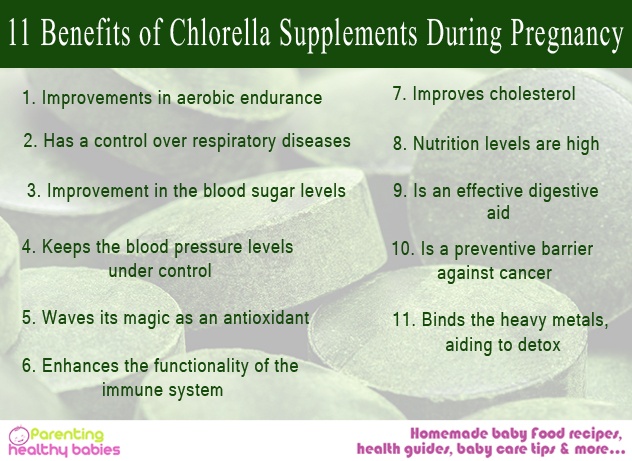Vegetables to eat during pregnancy include tomatoes, green peas, beetroot, sweet potato, carrot, cauliflower, dark green leafy vegetables, ladies finger or okra, brinjal or eggplant, and bell peppers.
Food occupies a major segment during your pregnancy period. This is because good nutrition is essential to both mother and baby to have a healthy and happy pregnancy. It is vital to follow a proper diet plan designed by your gynecologist and nutritionist to keep yourself and your baby well nourished. It is always advisable to consume a wholesome diet rich in macros and micros to maintain good health. Vegetables are a treasure trove of essential vitamins and minerals required by a pregnant woman and her unborn child.
Importance of vegetables during pregnancy
Veggies are superfoods that are packed with vitamins, minerals, water content, and much-needed fiber. Including nutrient-dense vegetables in your diet is a good way to consume wholesome food. Essential nutrients like folic acid are easily available in many vegetables. Folic acid is an important nutrient for women who are trying to conceive and also women who have conceived. It is known to reduce neural tube defects in babies. This folic acid is rich in dark green veggies like spinach and broccoli.
11 Vegetables To Eat During Pregnancy
Tomatoes
Tomatoes are a rich source of vitamin C, vitamin K, potassium, and folate. These vitamins and minerals boost the immune system, prevent hemorrhage and also improve digestion. They prevent bad cholesterol, congenital deformities in babies and also purify the blood.
Dark green leafy vegetables
Dark green vegetables like spinach and kale are packed with such goodness that they should not be missed especially during pregnancy. They are rich in vitamin C, vitamin K, vitamin A, calcium, potassium, iron, and folate. Including these dark green veggies prevent constipation, lowers the incidence of hypertension during pregnancy, and also improve the immune system.
Green peas during pregnancy
Green peas are a very good source of iron, potassium, magnesium, and folate. They also contain phytochemicals that can prevent gestational diabetes.
Broccoli
Broccoli is another dark green vegetable that is rich in much-needed folate during pregnancy. Furthermore, it is also packed with vitamins A, C, and K and a good amount of fiber that is highly essential during pregnancy.
Beetroot
Another very good source of folate and iron, consuming beetroot in pregnancy helps to make red blood cells for the growing foetus. They are also loaded with B vitamins, vitamin C and copper that help in the absorption of iron.
Carrots
A treasure trove of vitamins and minerals, carrots are very good for the eye health of both mother and baby. Vitamin C in it strengthens the immune system and beta carotene help in fetal bone-development.
Ladies finger or okra
Yet another very good source of folate, okra aids in fetal neural development. 100gms of okra provides almost 15% of the daily folate required by a pregnant woman. Additionally it is rich in vitamin A, C, K, and B6. It is also filled with fiber and hence relieves constipation.
Sweet potato
Sweet potatoes come under vegetables to eat during pregnancy. They are a very good source of beta carotene. Our body converts beta carotene into vitamin A that is essential for cell growth in a developing fetus.
Eggplant or brinjal
Vitamin C in eggplant boosts immunity in a pregnant woman. Furthermore, riboflavin, bioflavonoids, and thiamine regulate blood pressure or hypertension that is common during pregnancy.
Cauliflower
Rich in vitamin C, folate, and calcium, cauliflowers are packed with goodness. Cauliflowers also contain minerals like zinc, phosphorus, selenium and sodium that are essential for a pregnant woman and her baby. Cauliflowers are good for heart health, lower cholesterol and improve immunity in expecting mothers.
Bell peppers
Bell peppers are rich in vitamin A, vitamin C, and folate. Of all colors, red bell peppers are highly nutritious as they contain beta carotene. Bell peppers can either be consumed raw or cooked by pregnant women.
Tips to include vegetables in a pregnant woman’s diet
- Cut vegetables like carrots and bell peppers can be enjoyed with some dip like hummus.
- Veggies like carrots; kale etc can be blended into smoothies. You can consider adding nuts, seeds, cinnamon, and honey for extra taste and nutrition.
- Beetroot could be grated and added to salads.
- Carrots and beets can also be had by juicing them. However, juicing takes away its fiber content.
- Baked sweet potatoes have an excellent aroma and taste.
- Carrots, pumpkin and beets can also be added to baked goodies like cakes, bread, and muffins.
- Tomatoes can be consumed in the form of soups, chutneys and sauces.
Conclusion
Most of the vegetables are densely packed with vitamins, minerals, water and fibre that are highly essential to a pregnant woman. Not just that veggies are easily digestible and light on stomach. Most of the folate essential for the neural development of a baby comes from vegetables. Hence, including vegetables of various colours in your diet efficiently enhances its nutrient quality.
References
https://www.livescience.com/45090-pregnancy-diet.html
https://www.betterhealth.vic.gov.au/health/healthyliving/pregnancy-and-diet













